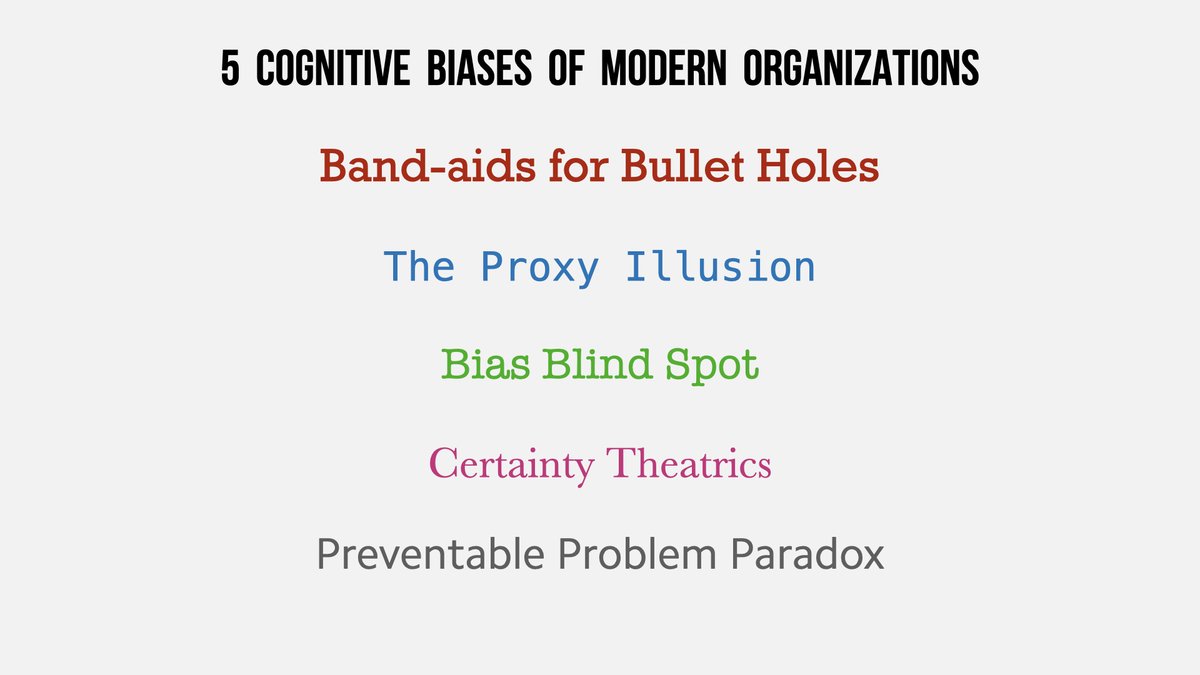
An approach to run working sessions
-Pre-read
-Set clear goals & agenda upfront
-Alternate betwn Quiet Time & Discussion Time twice/thrice in 1 hr
-People work on their own in Quiet Time (talking forbidden)
-Share the work in Discussion Time
-Repeat
-Pre-read
-Set clear goals & agenda upfront
-Alternate betwn Quiet Time & Discussion Time twice/thrice in 1 hr
-People work on their own in Quiet Time (talking forbidden)
-Share the work in Discussion Time
-Repeat
https://twitter.com/zackisland/status/1393651182116261889
If you use this for the right things, you'll accomplish a lot more than constant talking for 1 hr
Another thing:
Much of the business world's processes are highly optimized for extroverts. This approach creates a more balanced structure for introverts & extroverts to contribute.
Another thing:
Much of the business world's processes are highly optimized for extroverts. This approach creates a more balanced structure for introverts & extroverts to contribute.
Below is a concrete example of this working session approach, for pre-mortems. The @coda_hq template linked in this tweet provides the end-to-end structure for you to run such a working session.
https://twitter.com/shreyas/status/1380322025688817664
Oh, and use timers⏲️
Visible timers are great for running working sessions & workshops. Done right, they create useful constraints & convey to people that you value their time.
Pre-COVID, I'd use a physical timer. You can find it on Amazon.
For virtual, type "timer" in Google.

Visible timers are great for running working sessions & workshops. Done right, they create useful constraints & convey to people that you value their time.
Pre-COVID, I'd use a physical timer. You can find it on Amazon.
For virtual, type "timer" in Google.


• • •
Missing some Tweet in this thread? You can try to
force a refresh




